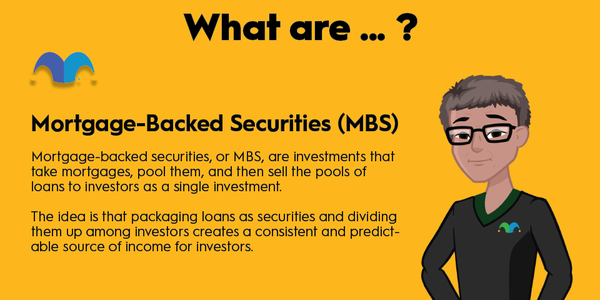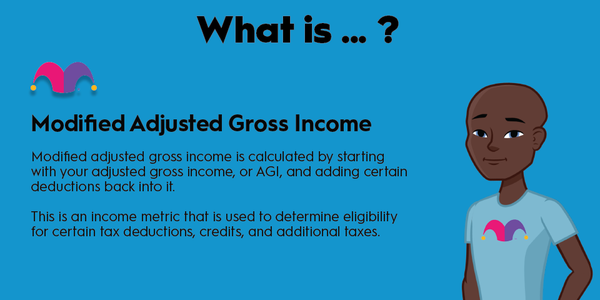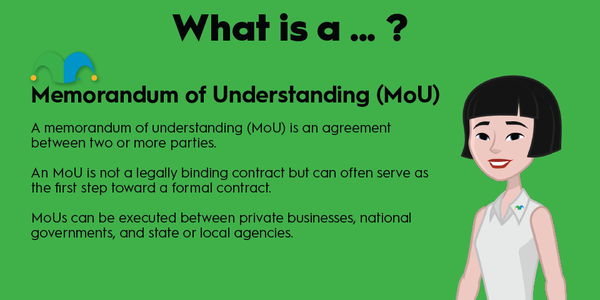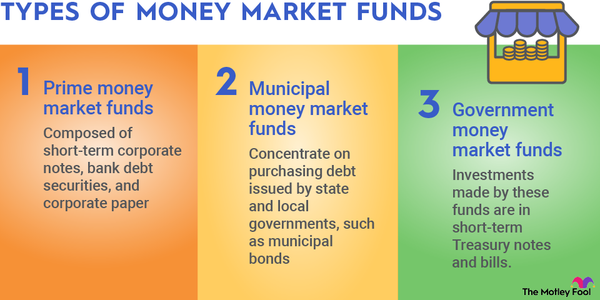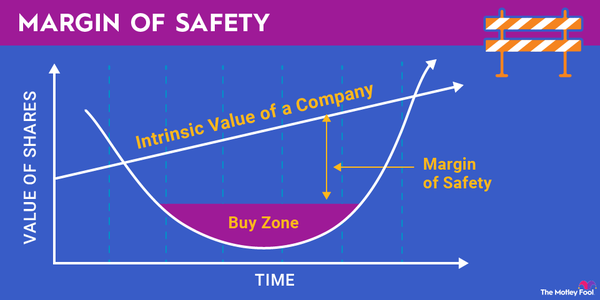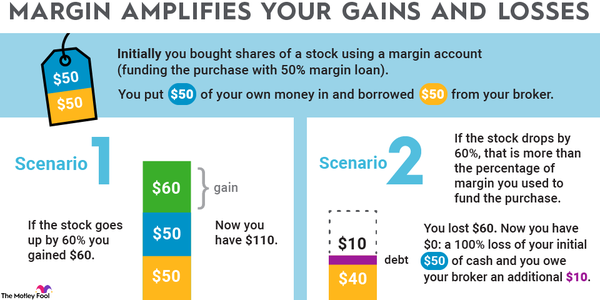A money mindset is a manifestation of your attitudes and beliefs about money. A positive money mindset can help guide your behaviors in an unusually powerful way, while a negative money mindset can produce equally negative effects.

How is a money mindset created?
Money mindset is largely influenced by past experiences around money. It's entirely possible that you learned financial rules of thumb from your parents or grandparents, but it's also possible that you came from a household where money was a taboo topic. From there, you've either consciously or subconsciously developed a unique set of beliefs toward money based on your life experiences.
The good news is that, regardless of your background, your money mindset can be strengthened and/or changed depending on the information you consume today. Developing new attitudes -- and reforming old ones -- is most definitely possible by adopting a more positive outlook and retaking control over the factors in your financial life that you have the ability to change.
Characteristics of bad and good money mindsets
If you find yourself repeating negative phrases in your mind when it comes to money, you certainly aren't alone. But there's an antidote in the form of employing a genuinely positive outlook -- even when it seems difficult or unrealistic.
Check out the table below for characteristics of bad and good money mindsets:
| Bad Money Mindset | Good Money Mindset |
|---|---|
|
Fear and anxiety Feeling a lack of control Negativity around the concept of money Feeling intimidated by difficult concepts Defeatism ("I'll never be good at this") Procrastination ("I'll get to it eventually") |
A willingness to tackle difficult problems Feeling in control of behaviors and decisions General optimism in the face of uncertainty Openness to learning new things Solution-oriented attitude Acknowledgement of incremental progress |
A bad money mindset tends to breed a worse money mindset. Once you find yourself in a spiral of negative thinking, it's extremely easy to catastrophize. You might feel that you'll never be "good at money" or feel anxious about even the prospect of doing the work to become proficient.
Simply reading the column on the right can help reframe your perspective around money. If you're someone who's willing to go after the difficult issues in your financial life and do so from a position of independence and strength, you're already putting yourself at an advantage. Having belief in yourself can go a tremendously long way in developing a healthy money mindset.
How to shift your mindset about money
-
Remind yourself that you're in control.
Everyone comes from a different background and a different set of circumstances. With that in mind, you do have control over the decisions you make around money on a day-to-day basis. The feeling that you have control and that you have the ability to improve your financial situation can help a great deal at any wealth-building stage.
-
Be willing to do the work.
If you're unsure about certain topics in personal finance, there is a wide library of free resources on the internet. There's no need to understand every single topic in relentless detail, but the educational resources are out there for you to learn the basics. If you're simply open to learning, you'll put yourself at a distinct advantage.
-
Acknowledge incremental progress.
Paying off even a small debt or contributing to your employer-sponsored retirement plan are accomplishments, and they should be acknowledged. Small positive steps can lead to significant progress over time. Small wins also indicate that your behavior is in line with your bigger goals.
-
Commit to being successful.
Everyone has good and bad days, months, and years. Many things in life do happen by chance and are ultimately out of your control. Deal with these moments by staying positive and reaffirming your commitment to your financial goals -- even in the face of setbacks.
-
Express gratitude.
Nobody's financial life is perfect, and it's fair to say that pretty much everyone has some level of financial worry. Be thankful that you're doing everything you can to improve your finances, and be grateful for what you've already accomplished.
-
Cut off negative self-talk before it spirals.
One way to do this is to literally think of a stop sign when you start telling yourself you can't do something financially. The reality is that you can do it, but limiting beliefs can be a major roadblock to establishing self-confidence. Try your best to avoid putting yourself down.
-
Keep moving forward.
Past experiences shape who we are, but we have to find the courage to keep going despite previous events. Having a long-term mindset around investing can help create effective habits today. Investing in long-term vehicles such as ETFs or mutual funds can provide direction, as well as a level of peace, in your financial life.
-
Adopt an abundance mindset.
Someone else's success is not your loss. Even if you might feel that others are "ahead" of you in the money game, remind yourself that you're an entirely separate person with a completely different set of life circumstances and experiences. Adopting an abundance mindset -- as opposed to one of scarcity -- can serve as a reminder that there's more than enough to go around.
Related investing topics
It's clear that your money mindset is a major predictor of your behavior, and, ultimately, your financial success. Limiting beliefs around money are major roadblocks to creating financial success, so try your best to maintain a positive outlook toward money. Your future self will definitely thank you.
